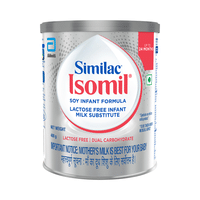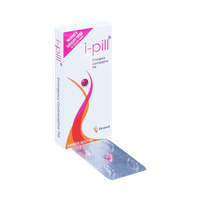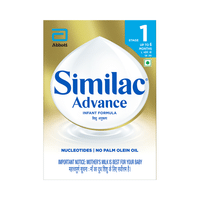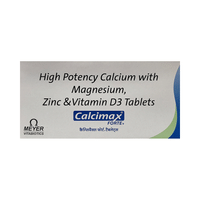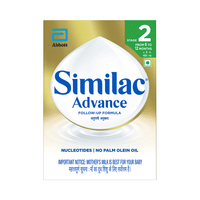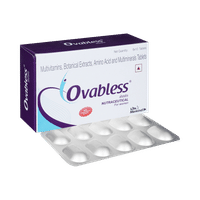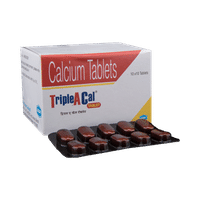Mergin 0.125mg Injection
Rs.19.90for 1 vial(s) (1 ml Injection each)
food interaction for Mergin Injection
alcohol interaction for Mergin Injection
pregnancy interaction for Mergin Injection
lactation interaction for Mergin Injection
food
alcohol
pregnancy
lactation
No interaction found/established
It is not known whether it is safe to consume alcohol with Mergin 0.125mg Injection. Please consult your doctor.
CONSULT YOUR DOCTOR
Mergin 0.125mg Injection is highly unsafe to use during pregnancy. Seek your doctor's advice as studies on pregnant women and animals have shown significant harmful effects to the developing baby.
UNSAFE
Mergin 0.125mg Injection should be used with caution during breastfeeding. Breastfeeding should be held until the treatment of the mother is completed and the drug is eliminated from her body.
CAUTION
SALT INFORMATION FOR Mergin 0.125mg Injection
Methylergometrine(0.125mg)
Mergin injection uses
{med_name} is used in the treatment of post-delivery bleeding. It may also be used to control bleeding after an abortion.
How mergin injection works
Mergin 0.125mg Injection is an ergot alkaloid. It works by causing sustained contractions of the smooth muscles of the uterus. This results in compression of the blood vessels which controls bleeding after delivery.
Common side effects of mergin injection
High blood pressure, Headache, Seizure
SUBSTITUTES FOR Mergin Injection
2 Substitutes
2 Substitutes
Sorted By
 Rs. 15.13save 26% more per ml of Injection
Rs. 15.13save 26% more per ml of Injection Rs. 14.81save 28% more per ml of Injection
Rs. 14.81save 28% more per ml of Injection
Expert advice FOR Mergin Injection
- Methylergometrine is used for the prevention and control of post-delivery bleeding.
- It may also be used for the active management of the third stage of labor, to facilitate the delivery of the placenta.
- It is given intravenously (into a vein) or intramuscularly (into the muscle) by a doctor or healthcare provider in a hospital or clinic.
- Its dose may be repeated as required at intervals of 2 to 4 hours.
- It should be avoided in patients, with high blood pressure, and heart disease.













